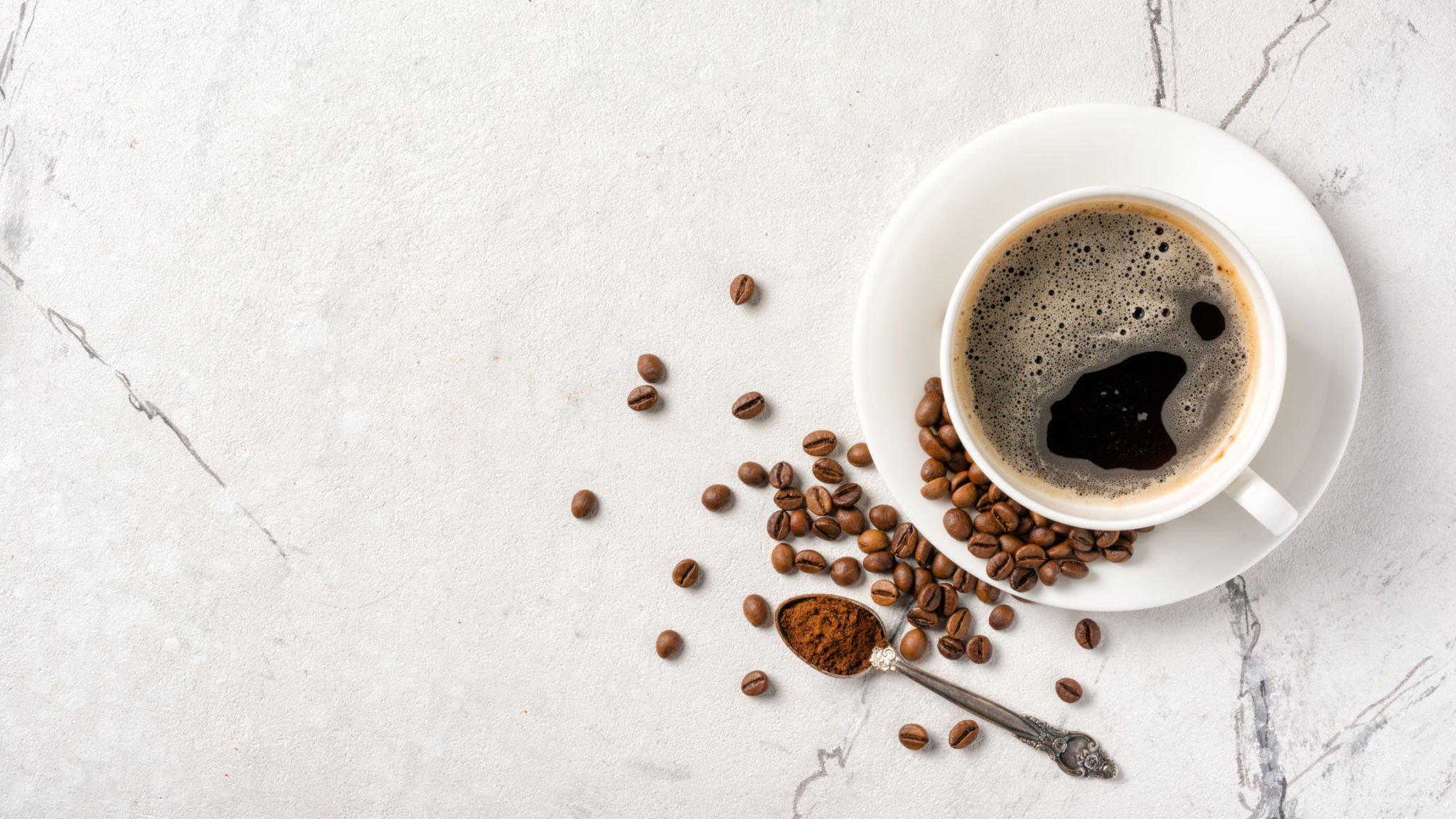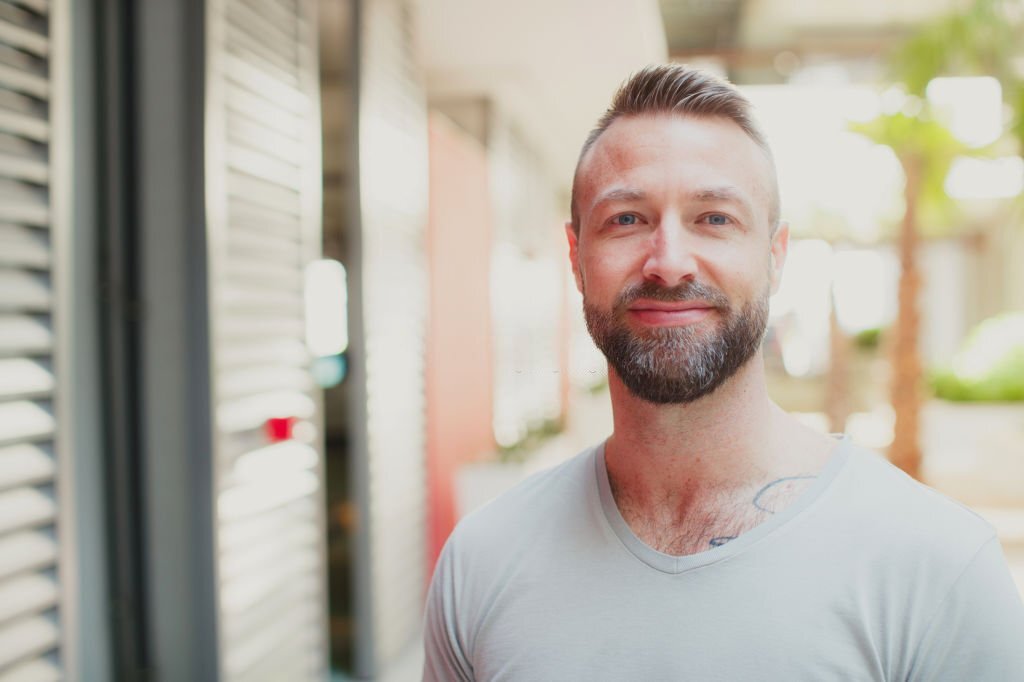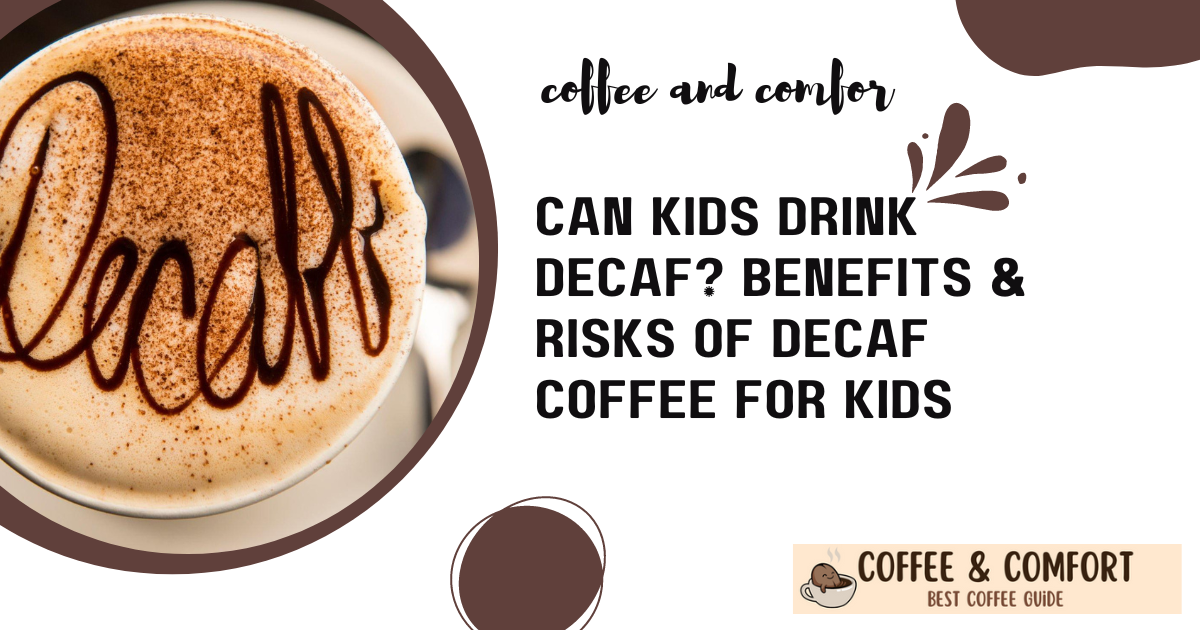Decaf coffee can be a safe and healthy option for kids, but it’s important to understand the benefits and risks. Learn more about the potential effects of decaf coffee on children.
When it comes to coffee, it’s no secret that kids are often left out of the conversation. But what about decaf coffee? Can kids drink decaf? The answer is yes, but there are some benefits and risks to consider before allowing your child to indulge in a cup of decaf.
In this article, we’ll explore the pros and cons of decaf coffee for kids, so you can make an informed decision about whether or not it’s right for your family.
What is Decaf Coffee?
Decaf coffee is coffee that has had at least 97% of its caffeine content removed. It’s commonly consumed in the evening or late at night as an alternative to regular brewed coffee, as it has fewer stimulative effects. To make decaf coffee, the beans are first soaked in hot water to extract the caffeine.
This process is then repeated multiple times until the desired level of caffeine is achieved. The result is a cup of coffee with a milder flavor and fewer calories than regular coffee.
Benefits of Decaf Coffee for Kids
Decaf coffee can be beneficial for kids in moderation. It can help to boost alertness and concentration and has been linked to improved cognitive performance. Studies have also suggested that drinking decaf coffee can help reduce the risk of certain diseases, such as type 2 diabetes and heart disease.
Furthermore, decaf coffee can be a great alternative to sugary drinks like soda or juice, as it has fewer calories and no added sugar.

Risks of Decaf Coffee for Kids
Despite the potential benefits, there are some risks associated with consuming decaf coffee for kids. The caffeine content of decaf coffee is still significantly higher than other drinks, such as milk or juice, and can lead to restlessness or insomnia if consumed in high quantities.
It can also increase the risk of developing anxiety or depression, as well as an increase in heart rate and blood pressure.
Age Recommendations for Decaf Coffee Consumption
Experts recommend that kids aged 12 and under should abstain from drinking decaf coffee. For adolescents aged 13-17, it’s recommended that they only consume decaf coffee in moderation.
Caffeine Content in Decaf Coffee
The exact amount of caffeine in decaf coffee can vary depending on the roast, the brewing method, and the amount of time the beans have been roasted for.
Generally, decaf coffee contains 2-12 mg of caffeine per cup, depending on the strength of the brew.

Alternatives to Decaf Coffee for Kids
Decaf coffee is a popular alternative to regular coffee for adults who want to cut back on caffeine intake, but what about kids who love the taste of coffee but shouldn’t consume caffeine?
Fortunately, there are several delicious and healthy alternatives to decaf coffee that kids can enjoy. Here are some great options:
- Herbal tea: Herbal teas come in a variety of flavors and are naturally caffeine-free. They’re a great alternative to decaf coffee and can be served hot or cold.
- Hot cocoa: Kids love hot cocoa, and it’s a great alternative to decaf coffee. You can make it with milk or a non-dairy milk alternative, and it’s easy to adjust the sweetness level to suit your child’s taste.
- Carob powder: Carob powder is similar to cocoa powder but is caffeine-free. It has a sweet, nutty flavor and can be used to make a delicious hot beverage that kids will love.
- Rooibos tea: Rooibos tea is a naturally caffeine-free tea that comes from South Africa. It has a sweet, nutty flavor and can be served hot or cold.
- Fruit smoothies: Fruit smoothies are a healthy and delicious alternative to decaf coffee. You can make them with any combination of fruits and vegetables, and they’re a great way to sneak in some extra nutrients.
- Warm milk: Warm milk is a classic bedtime drink that kids love. You can add a touch of honey or vanilla extract to sweeten it up, and it’s a great way to help your child relax before bed.
These alternatives to decaf coffee are not only delicious, but they’re also healthy and caffeine-free, making them a great option for kids.
So, the next time your child asks for a cup of decaf coffee, try one of these alternatives instead and watch their face light up with delight!
Frequently Asked Questions (FAQ)
Q1: Is decaf coffee safe for kids to drink?
A1: Generally, decaf coffee is considered safe for kids to drink in moderation. However, it is important to consult with a doctor before giving decaf coffee to children.
Q2: What are the benefits of decaf coffee for kids?
A2: Decaf coffee can provide a mild source of caffeine for kids, which can help them stay alert and focused. Additionally, decaf coffee can provide antioxidants and other beneficial compounds that may help support overall health.
Q3: Are there any risks associated with giving decaf coffee to kids?
A3: Decaf coffee still contains some caffeine, which can be harmful in large amounts. Additionally, decaf coffee can contain trace amounts of chemicals used in the decaffeination process, which may be harmful to children.
Q4: How much decaf coffee is safe for kids to drink?
A4: The amount of decaf coffee that is safe for kids to drink will vary depending on their age and size. Generally, it is recommended to limit decaf coffee consumption to no more than one cup per day for children.
Final Word
Decaf coffee can be a great alternative for kids who want to enjoy the taste of coffee without the caffeine. While there are some potential health benefits, it is important to consider the risks associated with decaf coffee for kids.
Ultimately, it is up to parents to decide if decaf coffee is a safe and healthy choice for their children.

My name is Michael Jones, and I’m a coffee enthusiast and expert based in the US. I run my own coffee shop, and I’m passionate about everything related to coffee. On my website, Coffee and Comfort, I share my knowledge and tips to help you elevate your coffee experience. Whether you’re a beginner brewer or a seasoned barista, I have something for everyone. I’ll teach you how to choose the right coffee beans, grind them perfectly, and brew a delicious cup of coffee at home. I’ll also share tips on how to make different coffee drinks, like lattes, cappuccinos, and espressos. But more than just teaching you about coffee, I want to help you create a coffee lifestyle that you love. Coffee is more than just a beverage; it’s a way to connect with people and enjoy the simple things in life.
